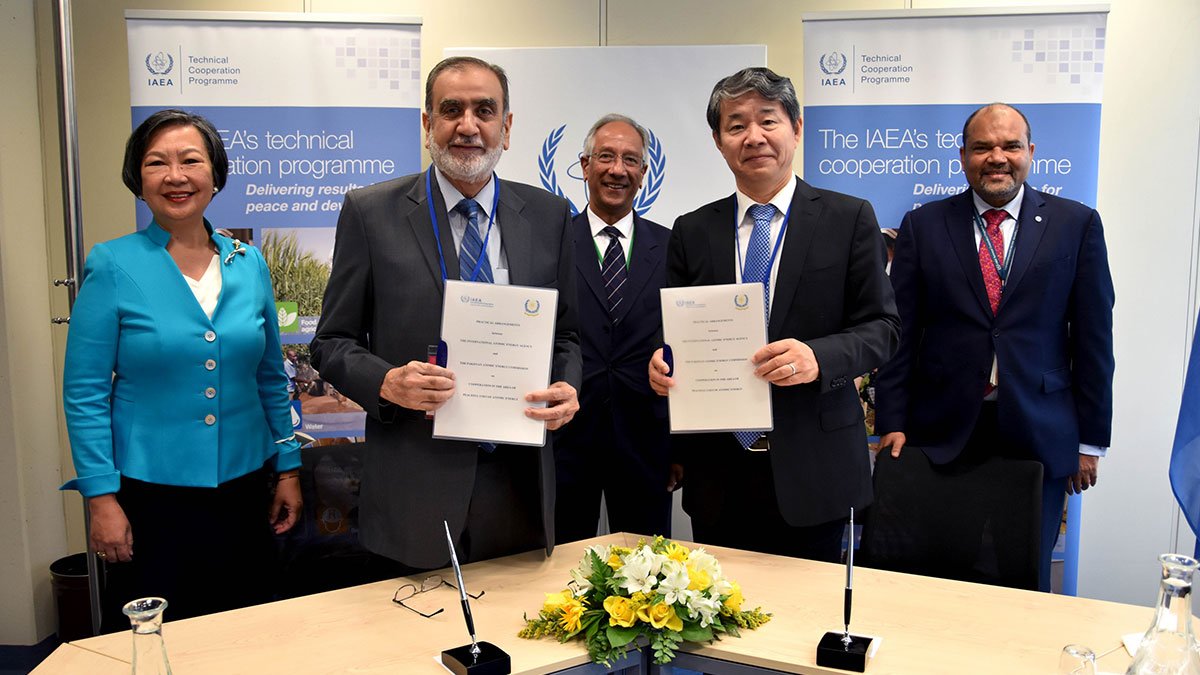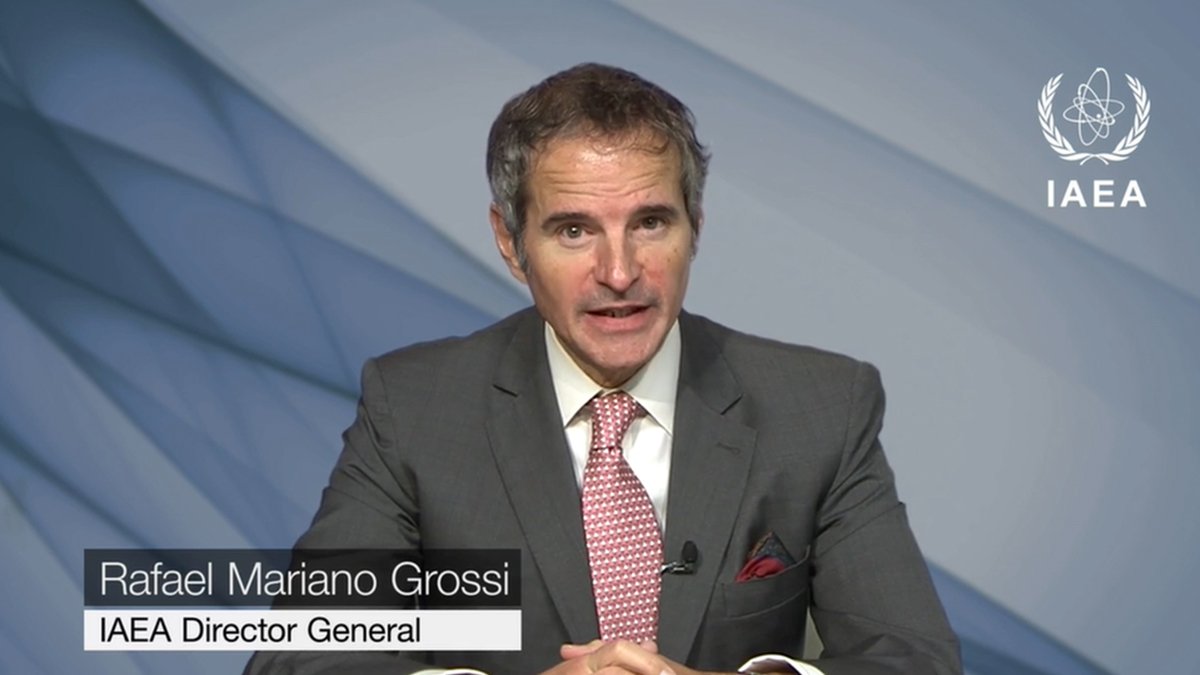Verdict on Imran Farooq Murder Case
An anti-terrorism court in Islamabad has sentenced three convicts to life imprisonment in the murder case of former MQM leader Dr Imran Farooq.
Judge Shah Rukh Arjumand on Thursday handed down a short verdict and imposed a fine of Rs 10 lakh on Khalid Shamim, Mohsin Ali and Moazzam Ali, which will be paid to the victim’s wife as compensation.
The convicts were not present in the courtroom to hear the verdict but heard the verdict on a video link in Adiala Jail.
Accused Mohsin Ali’s lawyer has said after the verdict that he will challenge the verdict on behalf of his client in the Islamabad High Court.
This was an important case of its kind lasting for five years. The state of Pakistan had given a written guarantee to the British government that the accused would not be sentenced to death even if convicted. A presidential ordinance was also brought.
Murder of Imran Farooq
Dr Imran Farooq was stabbed to death near his home in the Aguirre area of north London on September 16, 2010 at around 5.30pm.
According to the prosecution, two accused Mohsin Ali Syed and Mohammad Kashif Kamran were accused of killing Imran Farooq together. Mohsin Ali Syed grabbed the victim from behind and Mohammad Kamran stabbed him with bricks and knives.
The case was handed over to Scotland Yard’s anti-terrorism wing SO15. During the investigation, Scotland Yard interviewed more than 4,500 people and examined more than 7,600 papers.
Investigations into the Imran Farooq murder case in Pakistan began in June 2015 and a JIT headed by Inam Ghani, a senior FIA officer and current Additional IG Operations Punjab, was formed.
In the light of this JIT investigation, the Anti-Terrorism Wing of the Federal Investigation Agency registered a case against seven persons, including MQM founder Altaf Hussain, on December 5, 2015 under the Murder, Criminal Conspiracy, Assisted Crime and Anti-Terrorism Act.
The case against three of the accused has been completed while four are public
Who was Imran Farooq?
Dr Imran Farooq was the first Secretary-General and Convener of Muttahida Qaumi Moment. He was also the soul of the All Pakistan Muhajir Student Organization.
Twice he was elected to the National Assembly on MQM ticket and both times the party nominated him as its parliamentary leader in the lower house.
As a result of the 1992 state operation against the MQM, various cases were registered against him, including murder and extortion, but he went into hiding.
The Sindh Home Department had set a price on the head of Imran Farooq, who was declared a fugitive for millions of rupees, but after fleeing Pakistan, Imran Farooq suddenly arrived in the UK on September 8, 1999, where he applied for political asylum on September 10.
Imran Farooq married Shumaila Imran in 2004 and they have two children. A few years ago, his widow Shumaila Imran was diagnosed with cancer and is undergoing treatment.
“Even if the perpetrators were sentenced to death, they would not be executed.”
During the trial, the Pakistani government assured the British government that the convicts would not be sentenced to death even if convicted. The death penalty is the biggest punishment in Pakistan if convicted of murder.
According to former Attorney General Anwar Mansoor, he had given a written guarantee from the state of Pakistan to the British authorities as Attorney General.
He told that giving a written guarantee to another country not to carry out the execution of the accused in a state trial was not in any way affecting the case or the court.
“The guarantee we give to the UK is up to the executive. It had nothing to do with court proceedings. We were basically telling them that even if the accused were sentenced to death and there was no new law on the execution of their sentences, the President should use his constitutional authority to commute their death sentence to life imprisonment.
However, according to him, despite this written guarantee, the British authorities were not ready to provide evidence in this case and therefore the law was amended.
“We had about a dozen meetings with Scotland Yard, but they did not agree with the written assurances and kept insisting on amending the law. Finally, in July 2019, a presidential ordinance was enacted, amending section three of the Pakistan Penal Code of 1860 to provide for extradition or extradition treaties from countries where there is no death penalty law. Besides, if they are brought to Pakistan under any kind of agreement and tried, the court will not sentence the accused to death even if he is found guilty.
Anwar Mansoor said, “If we had not gone to the written bail and ordinance, we would not have received evidence from the UK and in the absence of this evidence, what would we have to prove because the instrument of murder, postmortem report Marks and death certificates were all in Scotland Yard’s custody.
Following the amendment to the law in Pakistan, Scotland Yard handed over 354 pages of the various evidence and a CD containing photographs and transcripts to Pakistani authorities under the agreement. In addition, a list of 23 witnesses was also handed over to Pakistan, some of whom came to Pakistan to record their statements and others, including the victim’s widow, Shumaila Imran, also recorded their statements via video link.
Allegations against Altaf Hussain and others will be proved?
The court has convicted three convicts in the Imran Farooq murder case, but besides them, MQM founder Altaf Hussain, party leaders Muhammad Anwar and Iftikhar Hussain Qureshi, Muhammad Kashif Khan Kamran were also named in the case.
Former Attorney General Anwar Mansoor, when asked if the prosecution had proved serious allegations of conspiracy to assassinate Muttahida Qaumi Moment (MQM) chief Altaf Hussain in the case, said that Altaf Hussain was a fugitive in the case. Therefore, his case was set aside and there was no emphasis on gathering evidence regarding his direct involvement in the case.
“Whenever there is a separate case against Altaf Hussain, there will be more evidence against him.”
Anwar Mansoor said, “What evidence do we have against Altaf Hussain? All these things will come to light in due course.” Various options are under consideration. Maybe after the accused are convicted, Pakistan will hand over the case of the founder of MQM to the UK that we have caught and punished the perpetrators of the conspiracy. Now you should investigate the role of the conspirator.
What do the lawyers of the main accused say?
Mohsin Ali’s lawyer, one of the main accused in the case, has announced that he will challenge the verdict in the Supreme Court. Speaking to the media before the verdict, Mehr Mohammad Bakhsh said the prosecution had no direct evidence of involvement in the crime against Mohsin.
“The links that the prosecution has made in this case are also very weak,” he said. The prosecution told the court that Mohsin was in the custody of the Rangers for six months before his formal arrest, but they did not produce a single witness from the Rangers who could say that Mohsin was in their custody.
He also claimed that not a single member of the JIT on the basis of which a case was registered against his client had appeared in court as a witness.
According to Mehr Bakhsh, the prosecution’s claim that Mohsin Chaman was caught entering Pakistan via Afghanistan on the border is also very weak because no evidence or testimony was given that Mohsin was caught on the border and no witnesses were present. The matter was presented in court. He further said that the accused did not confess to any crime but his thumbs were forcibly implanted.
According to him, the accused had returned to Pakistan from London to take care of his ailing mother, where he was arrested by the Pakistani authorities at the airport.
The brother of the accused Mohsin Ali Syed also told that he had asked Mohsin in jail how he was arrested and he had said that ‘he and Kashif had just reached Karachi from London. On the runway, some plainclothes men entered the plane and detained the two, saying they had to be questioned.
He added that “Mohsin had told Kashif to keep telling the plainclothes officers that it was not Mohsin’s fault to let him go but they took them both away.”
Imran Farooq murder case, a ‘unique case’
Ahmar Bilal, an expert in international law, said that the case was a unique transnational crime case in which the murder took place in one country while it was planned in another.
Regarding the various claims regarding the arrest of the accused, Ahmar Bilal said that if enough evidence comes to light regarding the relevant case, then in international criminal cases, the court usually ignores such things as an arrest. When and how it happened, but on the other hand, if the same crime had taken place in Pakistan and a Pakistani citizen was found involved in it, then the importance of such things would have increased.
He said it did not matter if the case was started five years after the murder, as the case could be tried whenever evidence of crimes spread across several countries came to light.
Hope this article clarifies a lot of questions on the Imran Farooq Murder case .
Stay connected with us for the latest updates. Follow us on Facebook and Twitter.











